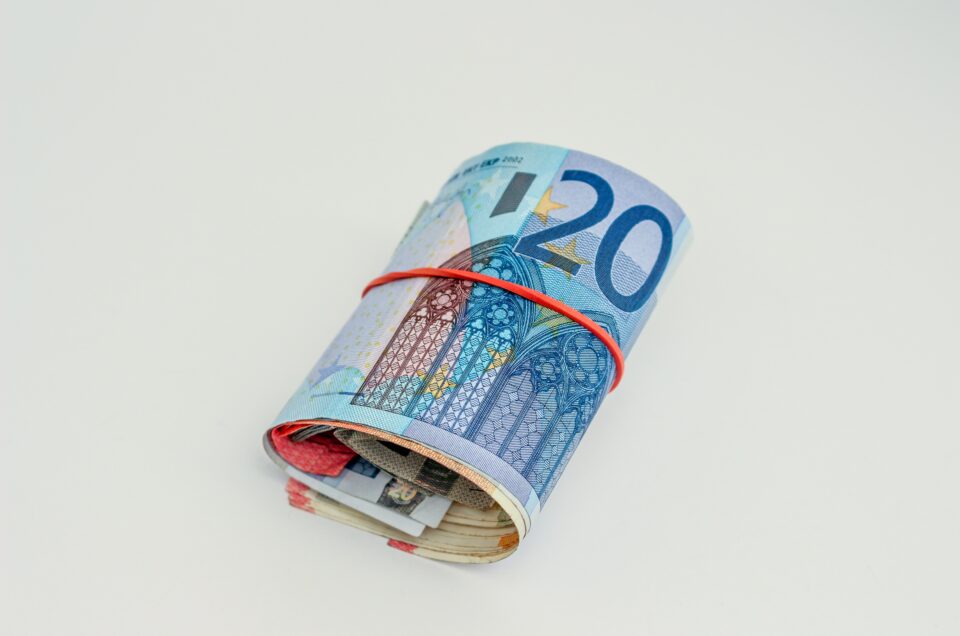The Evolution of Cash Payment: Trends and Global Shifts Towards Its Ban

In an era of rapid technological advancement and shifting financial landscapes, the way we interact with money is undergoing a seismic transformation. The age-old tradition of cash payment is evolving, propelled by a convergence of technological innovation, security concerns, and changing consumer preferences. This piece delves into the trends reshaping the payment landscape and helps to understand why a growing number of nations are leaning towards the eventual ban of cash transactions.
The Journey of Cash Payment: A Historical Glance
Cash payment has been an integral part of human economic activity for centuries, offering tangible exchange and a sense of security. However, as digital technologies gained prominence, the inherent limitations of cash came to light. With each passing decade, technological advancements have provided alternative methods of payment, from checks to credit cards, and now, digital wallets and cryptocurrencies.
The Foresight Argument: Towards a Cashless Society
Digital Convenience: Picture this. In the heart of an urban hustle, Starbucks’ Mobile Order and Pay app stands as a beacon of the cashless future. With a few taps, a coffee order is placed, paid for, and seamlessly picked up, eliminating the need for physical cash. This innovation symbolizes a shift towards digital payments becoming the norm—transforming not just coffee runs but the very essence of modern transactions. Mobile banking apps, contactless payments, and peer-to-peer platforms redefine convenience, bridging the gap to a cashless society where our smartphones become the gateway to frictionless financial interactions.
Enhanced Security: In an age where cybercrime looms large and physical theft still haunts us, blockchain technology emerges as a sentinel of security. As digital payments gain ground, the blockchain’s incorruptible ledger provides unprecedented traceability and unyielding fraud prevention mechanisms. This transformation offers users a fortified sense of security, where transactions are shielded by cryptographic protocols, leaving cyber threats and theft at bay. The rise of blockchain underscores the pivotal shift towards secure digital transactions, safeguarding not just financial assets, but also peace of mind.
Financial Inclusion: Envision a world where the unbanked are no longer on the fringes of financial empowerment. The dawn of a cashless society holds the promise of bridging the chasm of financial inclusion. With mobile money and digital wallets gaining traction, underserved communities are poised to be lifted from the shadows of economic exclusion. As the digital tide swells, it carries with it the potential to democratize financial services, empowering those previously left behind to participate in the global economy. A future where financial inclusion isn’t just a hope, but a reality, stands ready to reshape the world’s socioeconomic landscape.
Government Transparency: In the evolving landscape of financial transactions, a robust shield against corruption is emerging through digital payments. Governments worldwide are leveraging this technology to enhance transparency and thwart illicit financial activities. Digital transactions generate a concrete digital trail, making it harder for underhanded dealings to go unnoticed. As cash gradually steps aside, a pragmatic future unfolds where accountability is non-negotiable and corruption finds fewer crevices to hide. This transition holds the promise of reshaping governance, where a digital trace ensures that public resources are safeguarded and trust is fortified.
Global Trends: The Push for Cashless Economies
Sweden’s Bold Step: Sweden has been at the forefront of the cashless movement, with a significant decline in cash usage. The central bank’s e-krona project is a testament to the nation’s commitment to exploring digital currency options.
China’s Digital Yuan: China’s central bank digital currency (CBDC) pilot programs signal the potential for a government-backed digital currency. The digital yuan aims to enhance payment efficiency while offering the government greater control over monetary policies.
India’s Demonetization Drive: In 2016, India’s demonetization policy accelerated the shift towards digital payments. Mobile wallet adoption surged, propelling the country towards a more cashless economy.
The Near-Future Landscape: Road to Cash Bans
The Cashless Policy Agenda: Countries like Denmark and Norway are actively considering phasing out cash. Denmark’s National Bank has ceased producing new banknotes, while Norway’s largest bank has ceased handling cash altogether.
Cryptocurrency Integration: Some nations are exploring the integration of cryptocurrencies into their economies. El Salvador’s adoption of Bitcoin as a legal tender ignited a global debate on the feasibility of cryptocurrencies in everyday transactions.
Embracing the Inevitable Transition
The winds of change are sweeping across the global financial landscape, ushering in an era where cash payment may become a relic of the past. The trends are clear: convenience, security, financial inclusion, and government transparency are driving nations to rethink the role of cash in their economies.
However, there are also some potential drawbacks to a cashless society that we need to be aware of. For example, a cashless society could make it more difficult for people to track their spending, which could lead to overspending and debt.
Additionally, a cashless society could make it easier for governments to track our financial transactions, which could raise privacy concerns.
Ultimately, the decision of whether or not to adopt a cashless society is a complex one with both pros and cons. It is important to weigh the potential benefits and drawbacks carefully before making a decision.
Here are some specific warnings about the potential drawbacks of a cashless society:
- Overspending and debt: A cashless society could make it more difficult for people to track their spending, which could lead to overspending and debt. This is because people are more likely to spend money when they use credit or debit cards than when they use cash.
- Privacy concerns: A cashless society could make it easier for governments to track our financial transactions, which could raise privacy concerns. This is because all of our financial transactions would be recorded digitally, and the government would have access to this data.
- Vulnerability to cyberattacks: A cashless society would be more vulnerable to cyberattacks than a society that uses cash. This is because all of our financial transactions would be conducted online, and this data would be a tempting target for hackers.
It is important to be aware of these potential drawbacks before making the decision to adopt a cashless society. We need to make sure that we have safeguards in place to protect our privacy and financial security.

